Black Tupelo Country
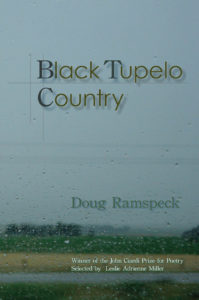
Overview
The poems in Black Tupelo Country explore how superstitions appeal to our primitive selves, how we read into nature our fears and longings, and how the natural and supernatural worlds interconnect in language and perception. Dark satiric poems also occur in the book, including ones about Adam and Eve selling sub sandwiches at a strip mall, Socrates as a homeless man on the streets of Cleveland, and Dr. Mengele working as a Walmart Greeter. Winner of the John Ciardi Prize for Poetry.
Read MorePossum Nocturne
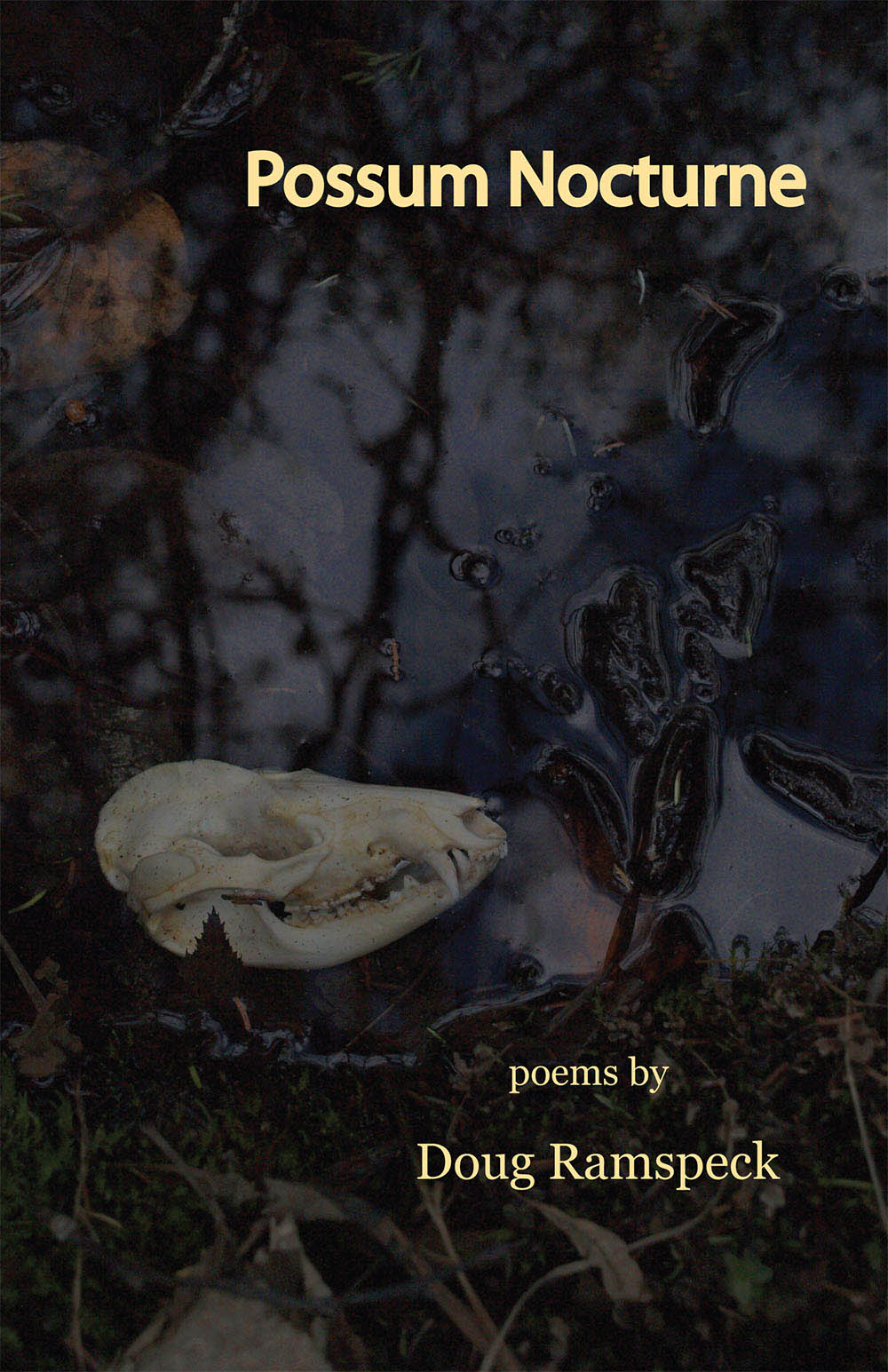
Overview
The speakers in Possum Nocturne imagine the landscapes of their days as alive with portentous meaning. These are characters who are convinced that a hoot owl whispers secret messages to those who will listen, that a black tupelo limb is an augury, that three crows in a black willow tree portend death, that a dry stream bed suggests that a spouse or relative will have a miscarriage, and that we can read our futures in the entrails of a pickerel frog or in a hognose snake skin found draped beside a river bank.
Read MoreMechanical Fireflies
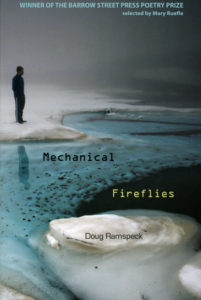
Overview
Mechanical Fireflies explores the human tendency to imbue the physical world with human traits, and to interpret those human traits as inseparable from the natural order. In “I set up my desk in the woods and write,” the speaker imagines that there are “fragments of words / beneath tumbled apples / fermenting by the stream’s edge.” The surreal animism of the poems plays out across rural and urban landscapes, and delves into the present, the historical, and the mythological. Winner of the Barrow Street Press Poetry Prize, selected by Mary Ruefle.
Read MoreOriginal Bodies
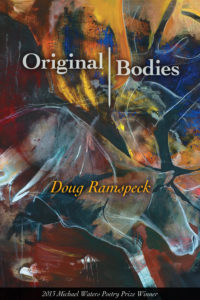
Overview
Original Bodies explores the primitive mindset, the ancient brain that exists within us all. Most of us don’t believe that three crows in a black willow tree portend death or that we can read our lives in the entrails of a pickerel frog or in a hognose snakeskin found draped beside a riverbank. But we do wish that we might gain some small control over our destinies. Residing half in the real world and half in the dream world, the poems accentuate the slipperiness we often feel between the corporeal and incorporeal. Winner of the Michael Waters Poetry Prize.
Read MoreBlack Flowers
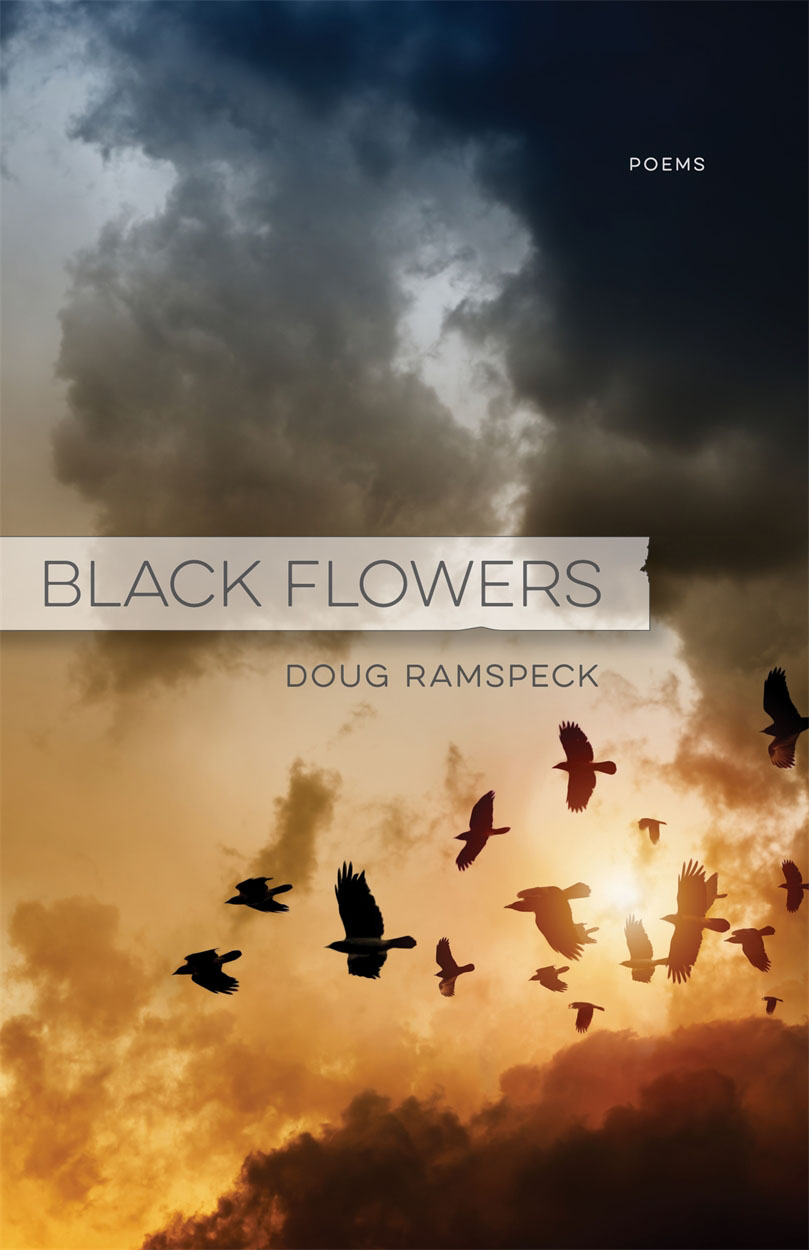
Overview
In dark lyrical verse, Black Flowers follows a speaker from childhood into adulthood as he navigates the animistic world of crows, conjurings, and winter snows. By juxtaposing euphony and clear, startling imagery, Ramspeck’s novelistic new collection molds the landscape to reflect the speaker’s memories and the challenges of growing up in a dysfunctional family. In the tradition of William Wordsworth, Black Flowers brings the flourishes of the Romantics to the grit of present day. Finalist: UNT Rilke Prize.
Read MoreDistant Fires
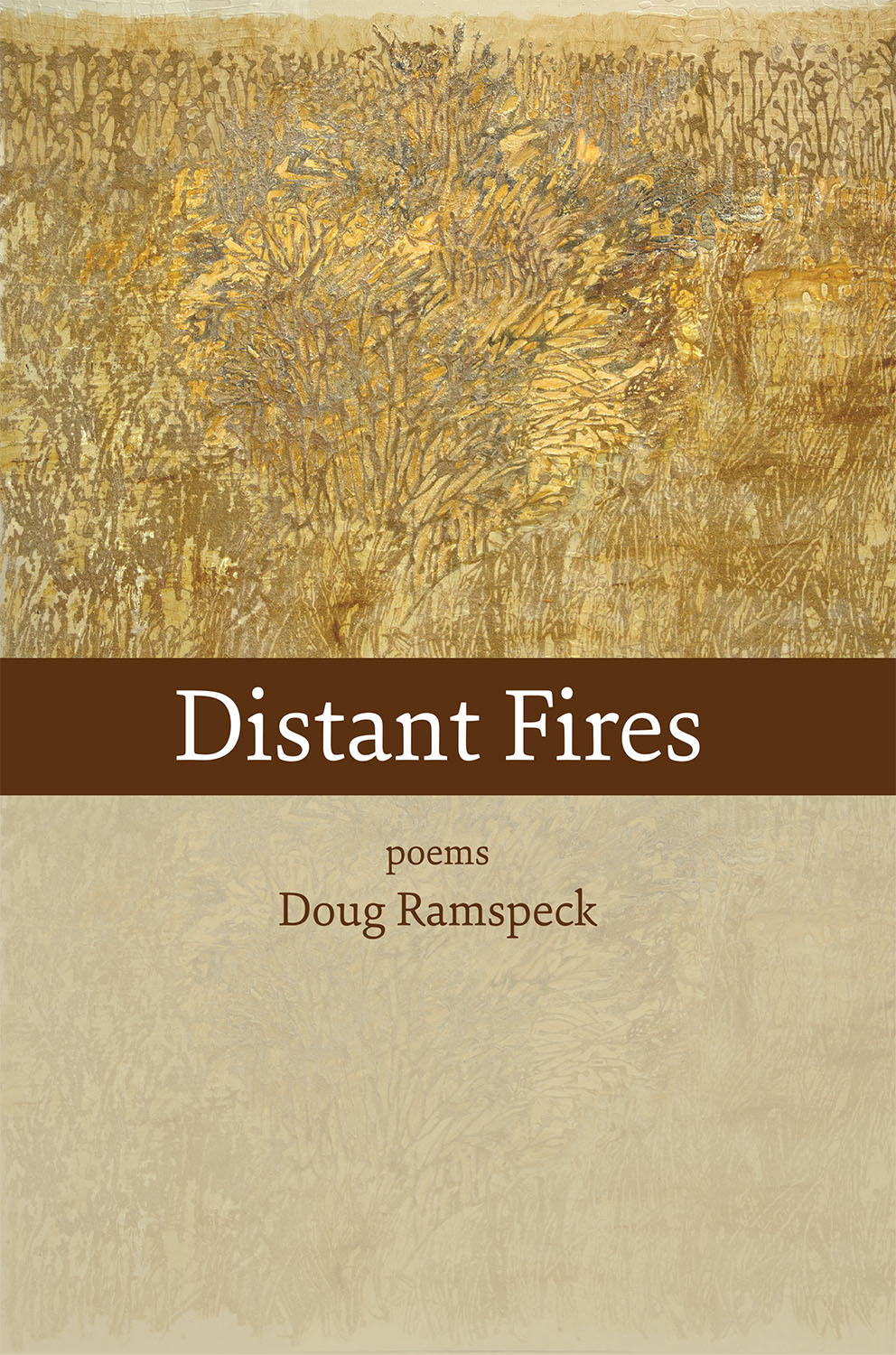
Overview
Robert Cording, who selected Distant Fires for the 2019 Grayson Books Poetry Prize, writes this about the collection: “Distant Fires is a deeply moving book about the relationship between two brothers, one of whom was involved in the death of two women, was imprisoned, and died. The book reverberates with the voice of the dead brother, which the author must put into words, both to exorcise his guilt over not being able to help his brother and, more importantly, to give his dead brother, a confessed murderer, humanity and a human voice. The book succeeds in doing so artistically and with great passion.”
Read MoreBook of Years
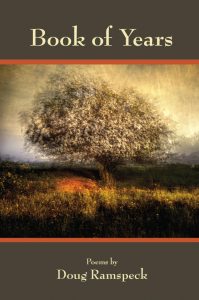
Overview
Book of Years marks time in visceral and luminous terms, traversing the speaker’s life from childhood, though a long marriage, to old age. The decades arrive in a lyrically arresting language, imbuing them with their mystical evocations. “And because,” as the poet writes, “all snow / is desire and ash, we pull our coats / tighter each winter, pleased by / the smoke we see drifting bodily / from neighborhood chimneys, / our gloved hands buried / in our pockets.”
Read MoreBlur
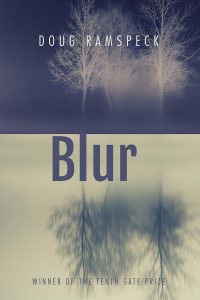
Overview
These lyrical-narrative poems explore the ties that bind us, in families and in pairs. The book opens by naming its first direction: "So this is how we grew afraid." The past is seen through the eyes of two brothers who manage, through love for each other, to survive their family's violence and confusion. With devastating insight, Ramspeck explores the powerful and fraught bond between fathers and sons. Another thread of poems limns the beautiful and abiding love of the speaker's marriage, providing contrast to the turbulent relationships of childhood. The reader ultimately rises with the speaker through the painful past to embrace a faith in love itself, our only real survival.
Read More